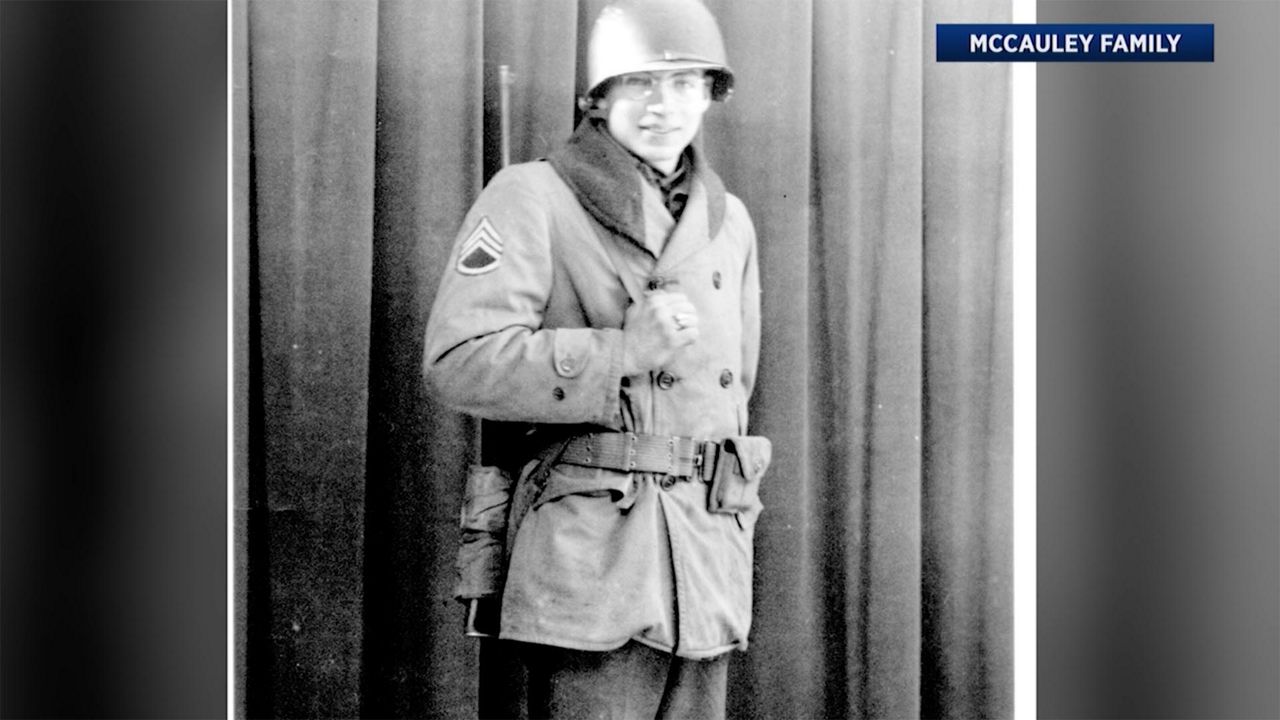CLEVELAND — Emily Richmond had just turned 30 years old when she was diagnosed with breast cancer and says nobody could have prepared her for it.
“So, when I found out … at first it was denial. I was, you know, laying on the floor like you must have the wrong person. Are you sure you have the right person? (I) didn’t feel angry. First off, I wondered what would happen to my family,” Richmond says.
Like most young adults, Richmond and her husband had started to plan out their lives.
“I wanted to be a mom, and I’m very active. I wanted to continue my active lifestyle. I’m a hockey player, so I wanted to continue playing hockey and travel and, you know, get some more education and continue moving up and making more money. Buy a house. I figured my immediate plans of having a family would be completely erased, and I didn’t think I’d live long enough to, you know, even travel or be able to spend any time with my new husband—my husband of one year,” she says.
Richmond’s breast cancer journey began in May of 2017, and now as a survivor, she’s been able to accomplish those things on her to-do list, including giving birth to a health baby boy.
“He will never know the full extent to how much we loved him and wanted him and what it took to get him,” she says.
She says getting to where she is now took a lot of work, not only physically, but mentally. As a part of her treatment plan at the Cleveland Clinic, Richmond was assigned a psychologist, who she credits for helping her believe the plans she made for her future could still become a reality.
“I can tell you right now that I’ve spent more time in Dr. Ashton’s office than I’ve spent in any kind of treatment. She was just as important as the, the nurses and doctors giving me chemotherapy.”
Dr. Kathleen Ashton says it’s important for breast cancer patients to have access to a mental health professional, as 30 percent of breast cancer patients are likely to have clinically significant depression or anxiety during their treatment.
“We actually do know that patients who get mental health treatment that have depression, anxiety during their breast cancer treatment have better long-term outcomes, including lower risk of recurrence and longer term survival,” Ashton says.
Ashton says there is no right or wrong way to feel, but sharing how you feel can change your experience.
“For many women with breast cancer, you know, the message is to be strong and to fight to be brave. And sometimes, they interpret that as meaning that they shouldn’t talk to other people about if they’re feeling sad or anxious. But it’s really important to be able to reach out. You know, to your family, to (your) religious community, to other women who are going through breast cancer and then often to a mental health professional to talk about how the breast cancer is impacting you,” Ashton says.




